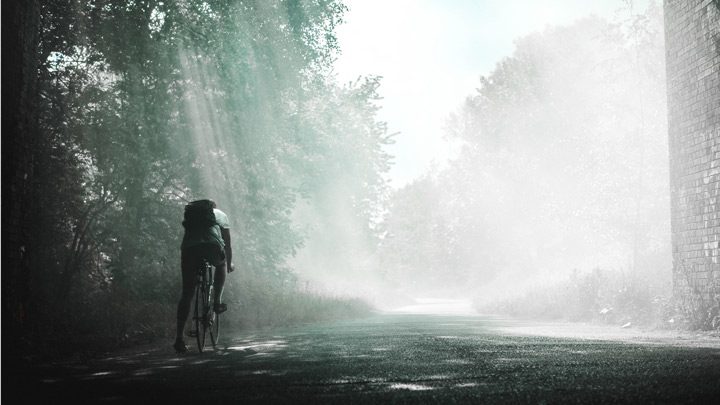Fist by Daniel Bennett
I stopped attending church once we moved to the town, but the portion of time it had occupied felt unrealized and almost obscene. I had explored the river. I had ridden my bike across the rape fields at the back of our house, and found another patch of ground where turnips grew in regimented rows. I would sometimes snack upon them like a medieval peasant, though the crisp white flesh was mostly too bitter, and I ended up catching threadworms from the dirt. In order to make something of this sense of waste, I would head to the house of a boy called Cash, on Sunday mornings. He lived with his family in a straw-coloured bungalow along a back road which emerged near the derelict ambulance station. I often think of this route, as though recaptured from a dream. A night ride, with the blue of a day-for-night filter of a cheap horror film. My head resting on a girl’s shoulder. White lights in the distance. None of this ever happened. Cash’s mother was a slight woman with grey eyes and a bottom lip that curled over itself. She had an air of permanently unsuppressed surprise. His father wore brown nylon trousers, and lurched around the house with the menace of a malign cricketer. His brother retreated from everything, almost like a miniature Cash but with hair the colour of a faded chess piece. During those Sundays, Cash and I would play The Way of The Exploding Fist, patiently waiting for the screeching of the loading tape, and howling in our failure to beat the boss. Even then I had the sense of an unspoken terror ruling this home, but I trained myself to ignore it. Sometimes, I would read out excerpts from my diary, while Cash lay on his single bed staring at the ceiling. Of all people, he alone was entitled to punch me in the face, but he never did. One time, a group of us made jokes during a lunch break about something sinister and sexual. Cash’s brother passed nearby and I went to shout at him, to include him in the joke. Cash reached out for my arm. ‘Don’t,’ he said. ‘Don’t.’ Even now I remember the look on his face, the solemn expression of sadness and gravity, which also managed to threaten with its capacity for knowledge. I remember a pattern of blackheads across his nose, three dots like the beginning of a Morse code distress signal. I like to think of him spending the latter part of his teenage years patiently building in strength and purpose, to restore order to that house with its festering sense of shame. The route back led to another street which occasionally features in my dreams, although I can remember nothing happening here of any significance. I wait for traffic to pass so that I can cross the road. It is evening in late spring, but I am late. I will always be too late.
Daniel Bennett was born in Shropshire and lives and works in London. His poems have been widely published, most recently in Structo and Under The Radar. He is also the author of the novel, All the Dogs.
